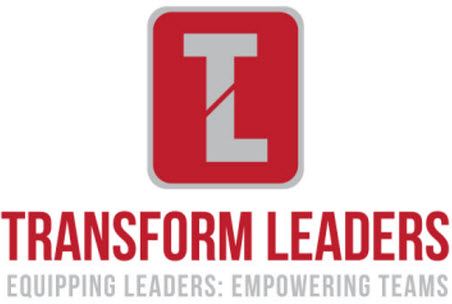This is an easy trap to fall into. A good leader builds up a relationship with those around them. They build relationships of transparency, trust and a measure of closeness. This can become a subtle trap as the leader starts to make allowances for his or her friends’.
We need to build rapport with all staff. Teams work better those on the team like you and you like them. But never at the expense of their development or the organisation’s development.
If we are focusing on being friends’ with the people we lead ultimately we are making it about us and not about them or the organisation.
Those types of leaders often avoid difficult conversations and justify it by saying they don’t want hurt or upset the person.
The truth is when we avoid difficult conversations we are making our leadership about our comfort and ego. In making it about us and how we feel we are putting that person and organisation second. In order for the organisation to succeed, the team you lead, needs to continue to grow. People mostly grow when they receive appropriate feedback. Feedback is critical on two fronts – attitude and actions. Leaders often find it easier to give feedback on actions – did the person produce the desired results. By far what leaders of teams find the most difficult is to give feedback and hold people accountable for their attitudes. Rolled eyes, loud sighs, aggressive tone, being late etc. When a leader doesn’t give feedback to someone it creates difficulty for the whole team. The team is held to ransom as people walk on eggshells around them or as the person’s attitude causes the team to be fearful of saying what they think.
Sometimes leaders find giving feedback on results difficult because they haven’t been clear upfront about their expectations.
We know we have fallen into this trap when one of two things is occurring:
- We are unclear about the expected results of someone in the team. We have tried to have the conversation about setting expectations but the employee isn’t keen to set concrete targets and we don’t push the point.
- When the agreed’ expectations are not met we don’t hold them accountable, with specific developmental plans.
A leader needs to be focused on what is best for the organisation.
A reality check: you are employed at the end of the day for results. If you are more concerned about other people’s feelings than results ultimately it is you and your family you are hurting when you lose your job or are stuck at the same level for 20 years.
Questions to reflect on:
- Real-world application:Â At work, are you more concerned with making friends or ensuring tasks are completed?
- Is your goal to be liked?
- Are you are distracted if those you lead are unhappy with you?
- Do you often find yourself reluctant to give negative feedback to your direct reports or water it down to make it more acceptable?
- Do you often vent to them about issues in the organization with a WE versus THEY mindset/ language?
